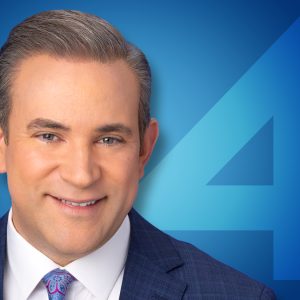In light of the death of actor Luke Perry from a stroke, a local stroke victim and Neurosurgeon say time is of the essence when it comes to minimizing the effects of a stroke.
Vivian King, a former TODAY'S TMJ4 anchor, suffered a stroke in 2013 while attending a non-profit breakfast.
"If I had stayed at home there is no doubt in my mind that I would have been dead," said King.
She says the quick reaction from those at the breakfast and her medical team saved her life.
"I was there for 10 days in neurological ICU, then after that they took me to a floor and I was in rehab for the remaining time in the hospital which was 31 days," she said.
Her stroke left no lasting effects after rehabilitation therapy and medications. She had no aggravating factors that cause a stroke-like high blood pressure or a history of smoking.
"The doctor said that birth control pills over the age of 40 can cause clots and that's likely what happened to me," said King.
Dr. Daniel Gibson is the Director of Neurointerventional Surgery at Ascension Columbia St. Mary’s Hospital Milwaukee. He says, "as a general rule, time is not on your side when you're having a stroke."
"Even in the best of hands with treatment, large vessel stroke is still something of a coin flip," he said.
While he says doctors at his hospital have about a 98 percent success rate with clearing a clot that causes a stroke, only 50 percent of patients escape with no permanent harm from the stroke.
Ascension has put together thisinformation on stroke care.



